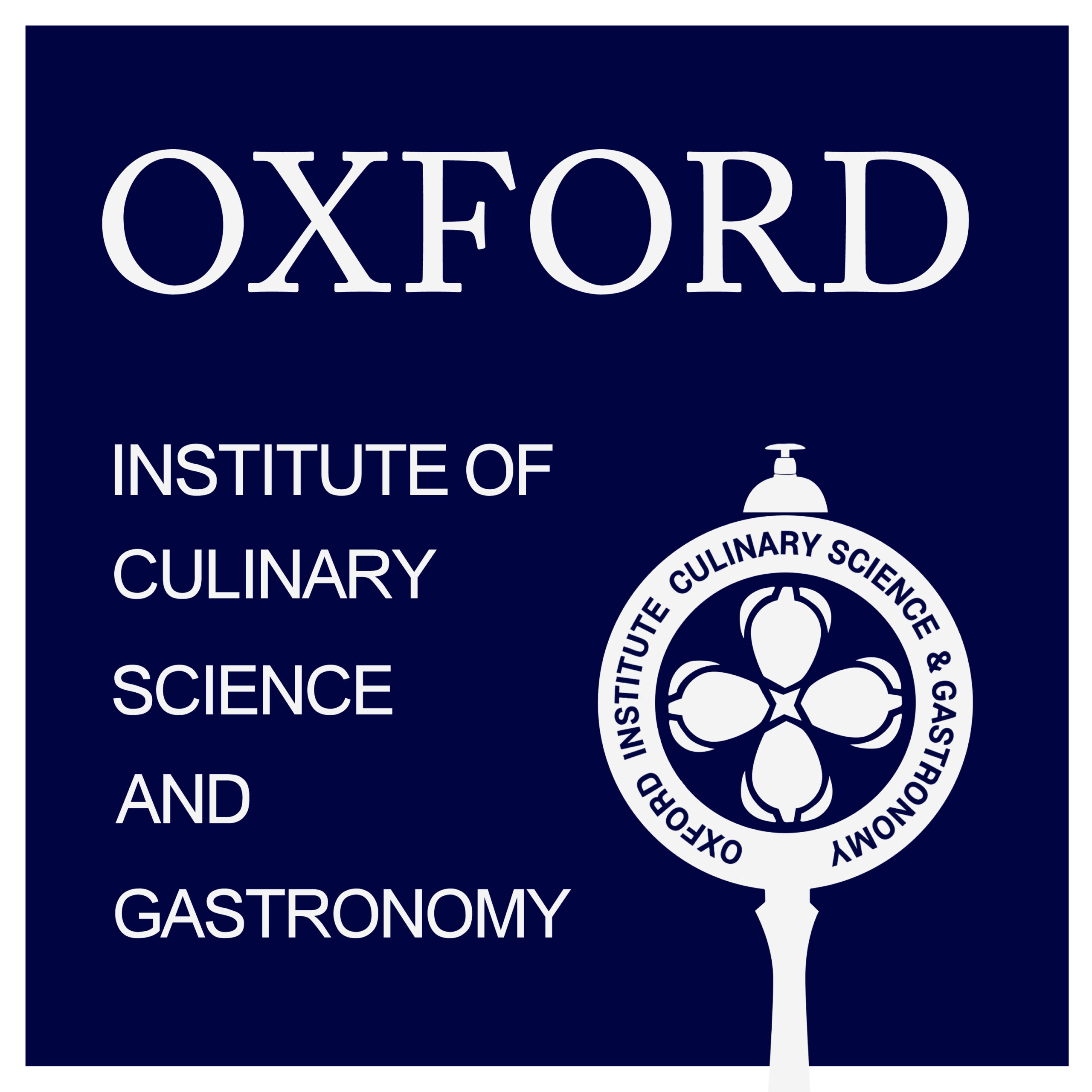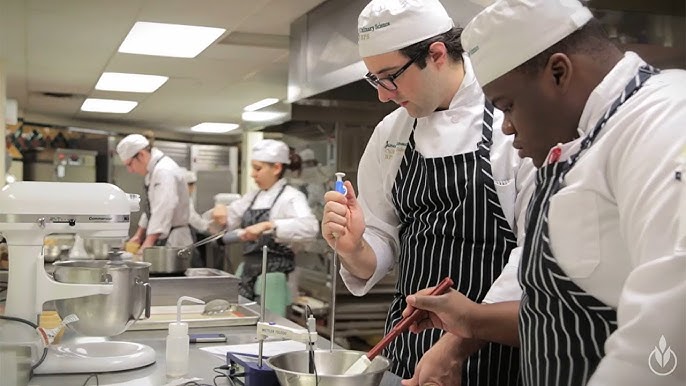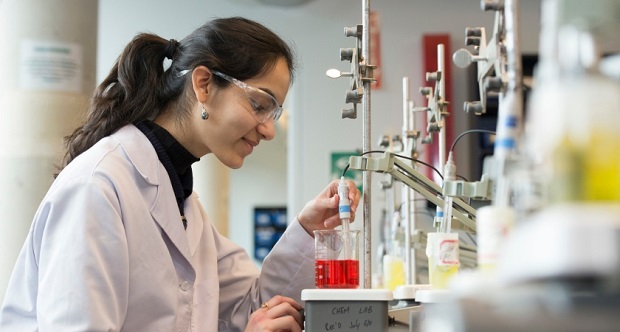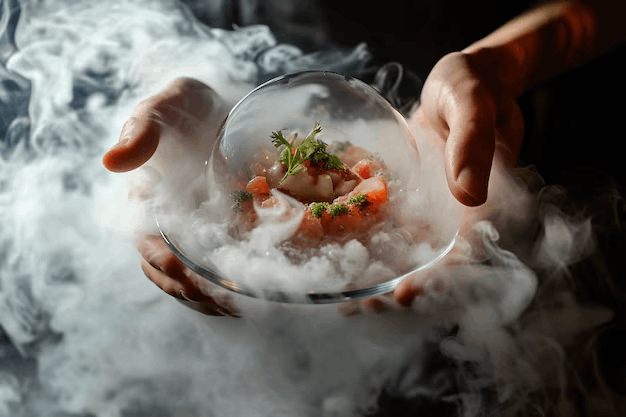Bachelor of Culinary Science (Systems)
Oxford Institute of Culinary Science & Gastronomy – Year Three Curriculum
Program Introduction
The third year of the culinary science program elevates students from applied skills to strategic thinking. This phase empowers learners to critically evaluate culinary systems, lead interdisciplinary research, and influence industry trends through scientific, environmental, and cultural insight. With a strong focus on leadership, innovation, and food policy, students begin to shape their personal culinary philosophies.
| Section | Description |
| Program Title | Bachelor of Culinary Science |
| Duration | 2 Terms (6 months total: 3 months theory + 3 months internship/project) |
| Format | In-Person + Field Research + Capstone Collaboration |
| Level | Year 3 / Bachelor |
| Certificate Awarded | Bachelor of Culinary Science from Oxford Institute |
| Outcome | Eligible to enter Year 4 (Master of Culinary Science) |
Graduates will complete a capstone research initiative, collaborate with thought leaders or culinary labs, and build a strong portfolio demonstrating readiness for leadership roles or graduate study.
Duration: 12 Weeks
Weekly Modules:
| Week | Module Title | Topics Covered |
| 1 | Culinary Philosophy & Critical Thinking | Food ethics, personal philosophy, global culinary ideologies |
| 2 | Advanced Sensory & Neurogastronomy | Brain-food interface, advanced tasting analysis, emotional flavor design |
| 3 | Culinary Systems & Leadership | Organizational structures, food systems strategy, innovation management |
| 4 | Food Law & Global Regulations | Labeling, nutrition laws, international food safety standards |
| 5 | Scientific Publishing & Peer Review | Journal writing, abstract building, citation and referencing |
| 6 | Advanced Culinary Analytics | Data modeling, dashboard design, prediction and optimization tools |
| 7 | Sustainable Gastronomy & Climate Impact | Carbon footprint, plant-forward strategy, regenerative kitchens |
| 8 | Innovation Case Studies in Industry | Failures, successes, disruptive innovations in culinary tech |
| 9 | Experimental Design in Gastronomy | Advanced experiment building, replication, variable isolation |
| 10 | Public Speaking & Conference Preparation | Academic speaking, slide design, storytelling |
| 11 | Bachelor Capstone Planning | Proposal approval, team allocation, field research setup |
| 12 | Final Review + Examination | Oral defense prep, final written exam |
Learning Outcomes:
Build advanced culinary systems and assess their real-world viability
Engage in high-level research and communicate in professional academic formats
Design and deliver public-facing presentations and publications
Formulate culinary solutions addressing global and ethical challenges
Duration: 12–14 Weeks
Internship or External Collaboration:
Minimum: 150–180 hours
Options: Think tanks, NGOs, government bodies, academic institutions, culinary incubators
Tasks: Field research, policy testing, pilot projects, data analysis
Bachelor Capstone Project:
| Component | Description |
| Capstone Theme | Must address a real-world culinary science or food systems issue |
| Fieldwork & Research | In-depth study with interviews, surveys, data collection |
| Final Report | 4000–6000 words, visuals, citations, and actionable outcomes |
| Oral Defense | 30-minute academic defense + Q&A with faculty panel |
| Public Presentation | Optional showcase at Oxford Culinary Science Annual Forum |
Term 2 Learning Outcomes:
Lead a full-scale academic research initiative
Apply culinary science to systemic and policy-driven projects
Demonstrate readiness for Master’s-level study or industry leadership
Final Certification (Year 3)
Bachelor of Culinary Science
Transcript with academic performance and research results
Internship & Capstone Completion Certificate
Eligibility for Year 4: Master of Culinary Science



